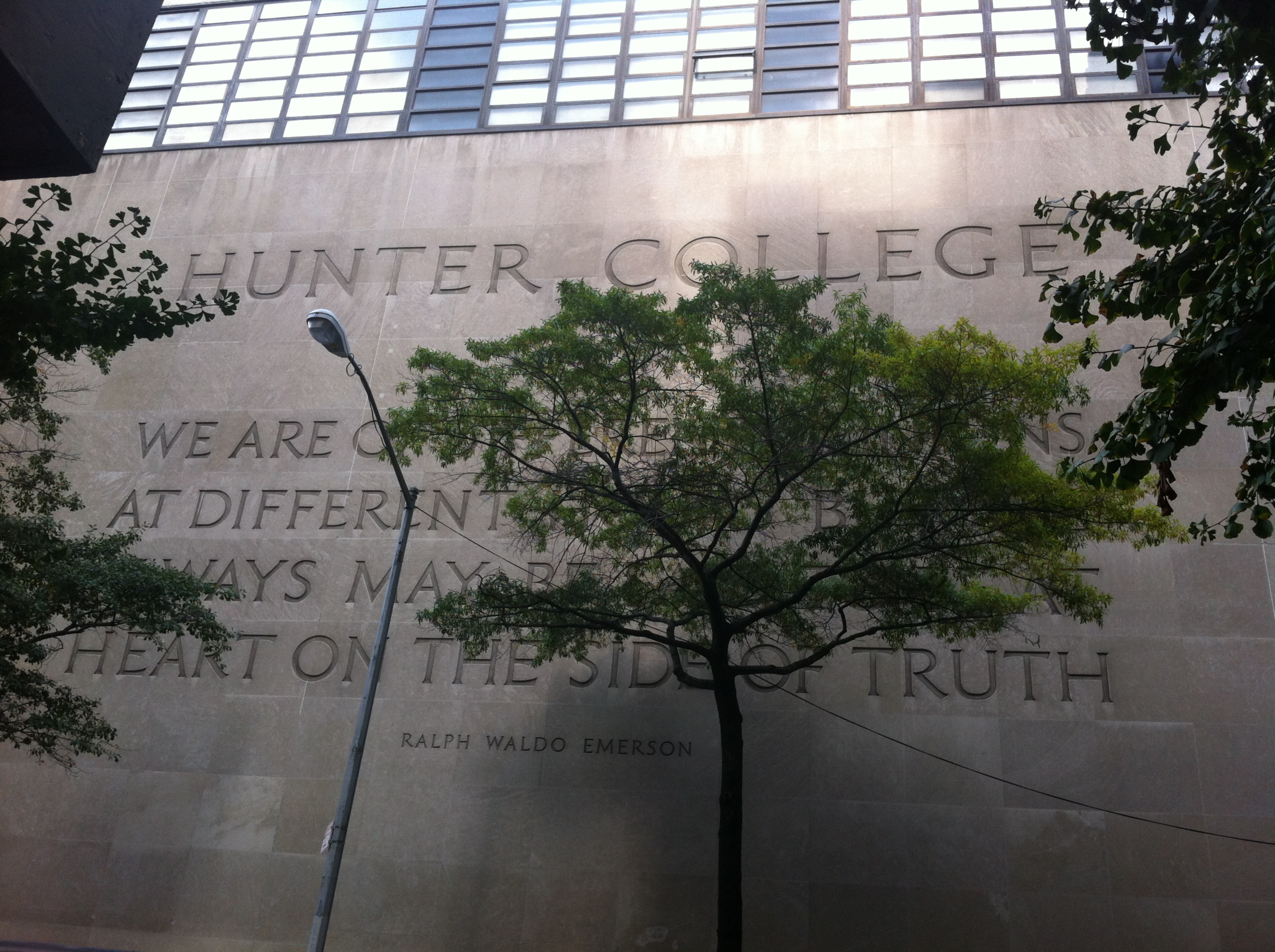On 17th October 2013, the Memory Network’s co-organiser Alison Waller was hosted by City University New York to talk about her research on remembering childhood books. She was joined by two memory experts – photographer Dimitri Mellos and Professor of French Literature Evelyne Ender – for a panel discussion about what the arts can tell us about how and why we remember. Central to the evening’s debate was the status of the memory stimulus: whether that trigger is the text that was significant to an earlier reading self, the photograph taken to fix a certain moment in time, or the sweet madeleine dipped in a jasmine infusion.
Waller considered the material and emotional resonances of printed books as primers for remembered childhood experience. Starting with an episode from the last volume of Marcel Proust’s À La Recherche du Temps Perdu in which the narrator is startled into a recollection of the past through his encounter with a copy of George Sand’s 1848 novel François le Champi, she set out an account of affective memory as it can be traced through childhood autobiography. Her argument focused on loving relationships between the adult rememberer, the book, and the reading child, acknowledging the complex of contextual information that influences the memories of a reading experience.
Mellos provided a valuable overview of memory studies, developing the theory put forward by thinkers such as Ulrich Neisser and Daniel Schacter that memory is a reconstructive process built on the dual features of memory cue and memory trace, or engram. He used this framework to deconstruct the commonsense understanding of photographs as a representation of reality, pointing to the conventions of personal photography that urge subjects on holiday to smile inanely in front of well-known landmarks. Mellos argues that the true nature of such photographs corresponds to Freud’s notion of the screen memory: they act to prevent us engaging with the real emotional complexity of experience; moreover, they also help promote an idea that our memories might similarly fixed, retrievable, and safe to view.
Ender spoke about her long interest in the way the workings of the mind are elucidated in literature. Her research has combined analysis of literary writers such as Proust and historical enquiry into the science of ‘Proustian memory,’ particularly in the new neuropsychology of thinkers like Oliver Sacks. She argued that there are still many mysteries surrounding memory to be considered and that we might all appreciate the great many words Proust had to employ to describe his own thought experiment and the years it took for his philosophical research into the sense of time in human experience to emerge.
Ender noted with humour that when she first began exploring the links between artistic and scientific explorations of the workings of human memory she was still just able to keep up with scientific journal articles in the field, a task she finds impossible today. This interdisciplinary enthusiasm was also clear from the audience, which was made up of staff, students and interested individuals from diverse disciplines and backgrounds, and covered topics of false memory, the role of narrative and writing in remembering, sensory triggers, trauma and ethics. The event was part of Hunter College’s ‘Arts Across the Curriculum’ programme, which aims to introduce the arts into “non-arts” disciplines, and engage with the New York arts community. Thanks go to CUNY and Hunter College for organising the evening, particularly Evelyne Ender and the Arts Across the Curriculum Director, Professor Rebecca Connor. You can listen to a recording of the panel speakers here:

